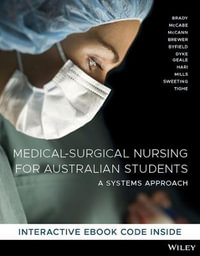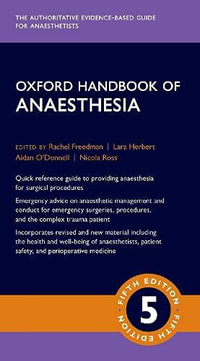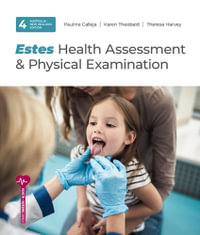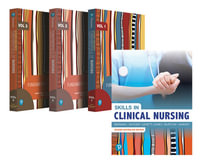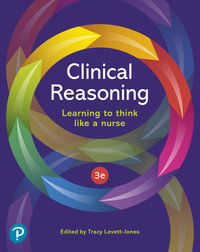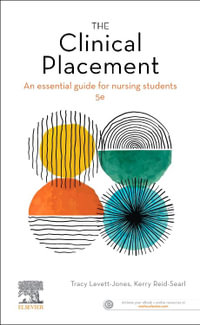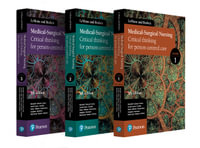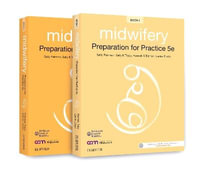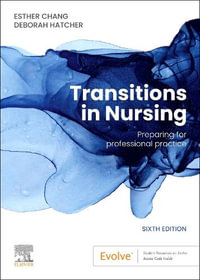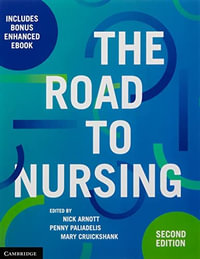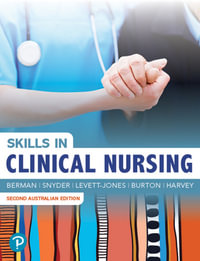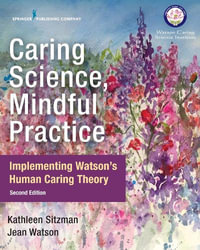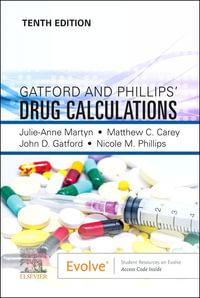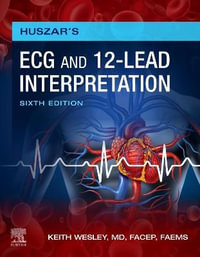Complete evidence-based guidance on the assessment of patients across the life span and development of sound clinical reasoning in one convenient and affordable set! The Evidence-Based Physical Examination Textbook and Handbook Set, Second Edition delivers an empirical approach to history-taking and physical assessment techniques while focusing on patient well-being and health promotion. The textbook utilizes the best evidence and clinical relevance underpinning advanced history-taking and assessment techniques incorporating the most current guidelines from reliable sources. The updated second edition offers more in-depth recognition of population health concepts, and as a result includes greater use of inclusive language, social determinants of health assessments, identification of health inequities, and racial, ethnic, gender, and age considerations within advanced assessment. Case studies, clinical pearls, and key takeaways aid retention, while abundant illustrations, photographic images, and videos demonstrate history-taking and assessment techniques. The accompanying handbook combines scientific and holistic approaches to assessment and integrates best practices to guide history-taking and physical examination. Utilizing the evidence and summarizing clinical relevance, this handbook guides the incorporation of the most current evidence-based assessment guidelines from such sources as the U.S. Preventative Services Task Force. Instructor resources include PowerPoint slides, a test bank, additional case studies, and an image bank. Purchase includes access to CourseConnect, an enhanced learning platform for students that features interactive chapter lessons, case studies, quizzes, and more. New to the Second Edition Prioritization of the importance of clinician well-being as a prerequisite for implementing evidence-based assessment Completely new chapters reflecting specific lifespan considerations including the child, adolescent, and older adult Expanded coverage in every chapter regarding changing practice environments Focus on inclusive history taking and assessment techniques including considerations for diverse populations and social determinants of health Inclusion of a checklist denoting best practice guidelines for telehealth visits Key Features Focused on evidence and practical application of assessment skills to ensure the highest quality of care Emphasizes health and well-being for both the clinician and patient Delivers the evidence, acceptability, and clinical relevance behind history-taking and assessment techniques Focuses on the most current clinical guidelines from the U.S. Preventive Services Task Force, the Choosing Wisely (R) initiative, and highly recognized clinical practice organizations Includes abundant instructor resources

